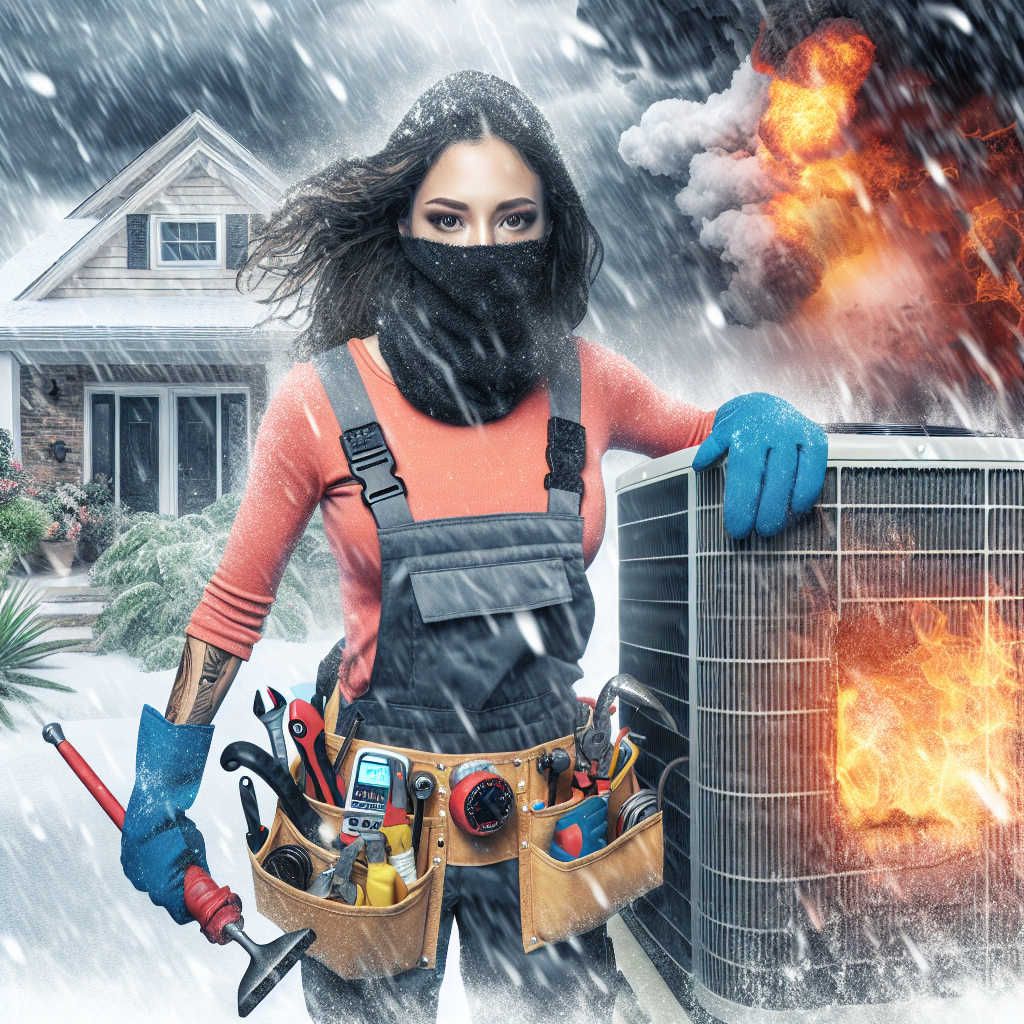Keeping Your Boiler in Good Condition: Tips from an HVAC Technician
As an HVAC technician, I frequently get called in for boilers in needing service and upkeep. A well-maintained boiler not only performs better but also avoids breakdowns. Below is a breakdown on boiler repair and maintenance, covering typical problems, simple troubleshooting, and when to reach out to a professional.

Boiler Repair Expert
Typical Boiler Issues
Heating systems can have various problems over years. Here are some of the common concerns I see in my work as an HVAC technician:
- No Heat or Hot Water: When your boiler doesn’t provide heat, it may be due to a problem with the thermostat, low water pressure, or a faulty valve or diaphragm.
- Odd Noises: Clunking or whistling sounds from the boiler suggest trapped air, a build-up of sludge, or even a damaged part.
- Low Pressure: A decline in system pressure can hinder your boiler from operating properly. Low pressure might be caused to a leak.
- Pilot Light Going Out: Older boilers using pilot lights may encounter issues like inconsistent lighting due to drafts, a faulty thermocouple, or a dirty pilot orifice.
- Thermostat Issues: Sometimes, the thermostat isn’t syncing with the boiler, which impacts temperature adjustment.
Basic Boiler Maintenance Tips
Routine care is key to ensuring boiler performance at peak efficiency. Here are a few simple maintenance tips that can help extend the life of your boiler:
- Inspect Boiler Pressure: Your boiler should run around 1 to 1.5 bars of pressure. If the pressure is too low, use the filling loop to increase the correct pressure. Make sure not to go above the suggested range to avoid damage.
- Release Air from Radiators: Air bubbles in the radiators impede hot water flow. Use a radiator key to bleed out the trapped air, and check the pressure afterward.
- Keep the Boiler Area Clear: Dust may clog parts, more so if it’s near materials. Keeping the area clean ensures good ventilation.
- Clean the Boiler’s Components: Sediment and debris collect over time, impeding function. System flushing can help to wash out sludge, which enhances performance.
- Schedule Annual Professional Maintenance: A yearly inspection by a qualified HVAC technician is important for identifying minor issues before they become serious. A trained technician will assess the overall system, address any wear and tear, and verify everything is working well.
Boiler Repair Expert in Allentown Pennsylvania 18102
Signs You Need an HVAC Technician
While some simple fixes can be done by property owners, certain boiler concerns are best left professional attention. Below are cases where calling an HVAC professional is recommended:
- Leaking Boiler: A boiler dripping water shows a serious issue. Moisture problems can cause safety risks, so it’s safest to call in promptly.
- Ignition Fails: If the pilot light keeps going out, you could be dealing with an issue with the thermocouple, gas valve, or ignition system. Certified technicians should repair these mechanisms to fix the issue.
- Loud Noises: Repeated banging, whistling, or gurgling often indicates a pressure problem. A professional inspection is necessary.
- Constantly Low Pressure: If your boiler is cannot hold pressure, there may be a hidden issue that needs professional diagnosis.
Conclusion
Keeping your boiler well-maintained is essential for a efficient heating system. Consistent care and simple attention reduce the risk of costly breakdowns. For serious problems, reach out to a licensed HVAC technician—we’re here in making sure your heat runs smoothly all winter long.
Need Boiler Repair Expert in Allentown 18102? Trust Lehigh Valley HVAC Pros!






